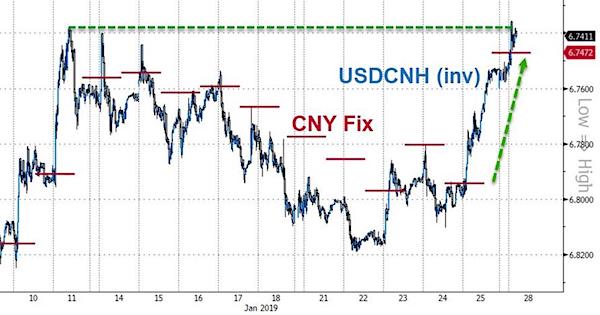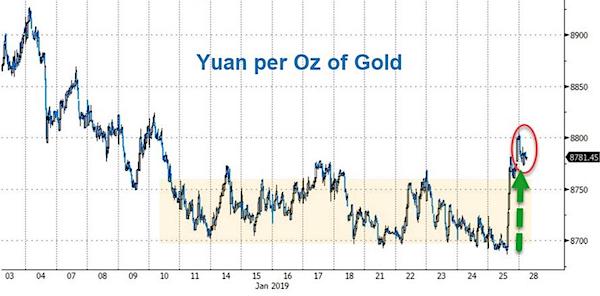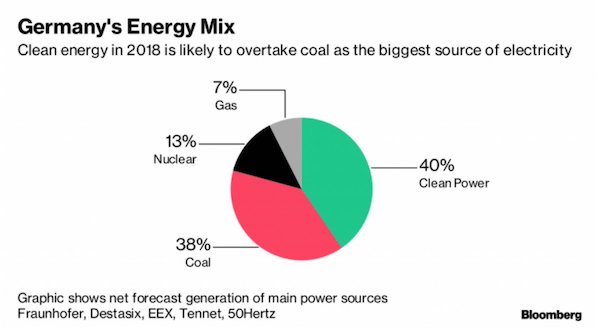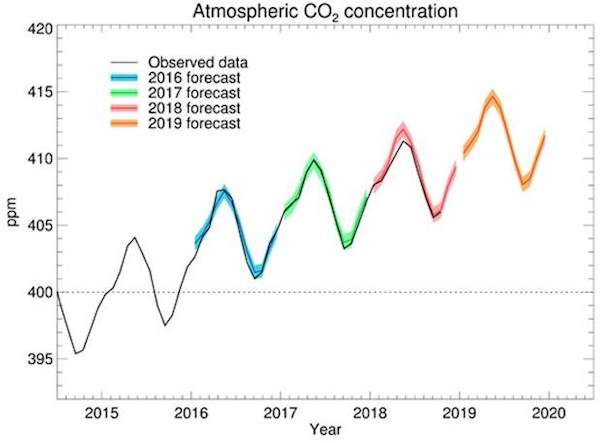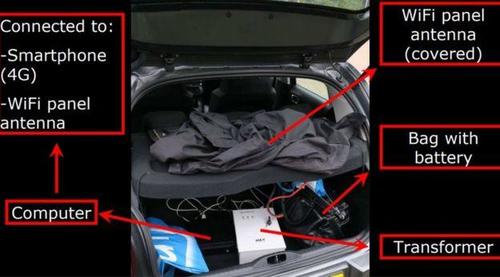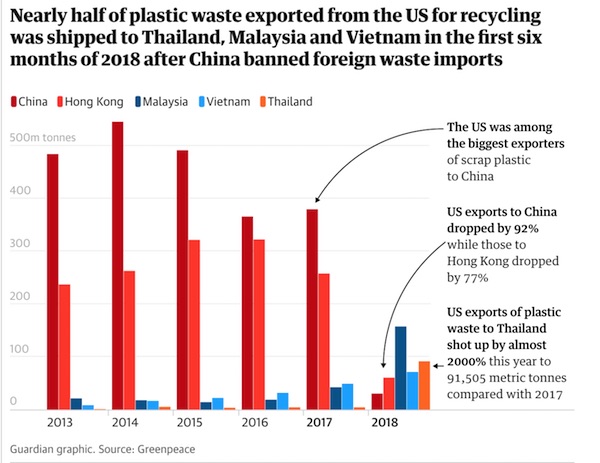
Samuel Peploe Paris-plage 1907

Not a great article, but it does add something interesting to the picture: the image of Epstein as an ordinary swindler, albeit on a large scale (Ponzi). His victims are not only the underage girls.
• Jeffrey Epstein’s Trail Of Bankruptcy And Ruined Lives (WaPo)
The story of Epstein’s first great escape is a tale of financial wizardry and brazen criminality, in which hundreds of thousands of Americans lost their retirement money, their life’s savings, on an investment intended to enrich only its creators. “That money would have been my real retirement,” said Veriena Braune, a 91-year-old retired teacher in Granbury, Texas, who invested all of her savings – $112,000 – in bonds that a young Epstein sold for his partner, Steven Hoffenberg. She lost every penny of the money. “Somebody should know: that Epstein did a number on a little teacher in Texas,” Ms Braune said.
Mr Hoffenberg, who headed up the investment scheme and spent 18 years in prison because of it, said in an interview with The Washington Post this week that Epstein was “the architect of the scam.” Federal prosecutors agreed. Yet Epstein was never charged. His name, initially included in prosecutors’ descriptions of the scheme, quickly vanished from the record. “I thought Jeffrey was the best hustler on two feet,” Mr Hoffenberg said. “Talent, charisma, genius, criminal mastermind. We had a thing that could make a lot of money. We called it Ponzi.” Mr Hoffenberg pleaded guilty in 1995 to mail fraud, obstruction of justice and tax evasion in two scams – one designed to misuse the assets of two Illinois insurance companies and the other fleecing more than $460 million from about 200,000 investors who bought notes and bonds from Mr Hoffenberg’s Towers Financial Corp.
[..] Sometimes, the machinations went very wrong. The money Towers used to try to buy control of Emery Air Freight was lost when Emery’s stock price plummeted. By 1993, prosecutors in Illinois and New York who had spent years investigating Mr Hoffenberg’s companies were ready to spell out their findings. In front of a grand jury in Chicago, federal prosecutor Edward Kohler walked Mr Hoffenberg, who had just agreed to cooperate with the government, through the design of the scam. In the narrative Mr Kohler laid out, Epstein was the technical wizard who kept the money moving around to support Mr Hoffenberg’s various schemes. Over and over, Mr Kohler asked Mr Hoffenberg whether Epstein had designed Towers’ scams.
Mr Hoffenberg affirmed the prosecutor’s story at every turn. “Jeffrey Epstein was the person in charge of the transactions,” Mr Hoffenberg said. “Epstein was trying to manipulate the price of the stock?” Mr Kohler asked. “Yes,” Mr Hoffenberg replied. “You didn’t object to that, sir?” “No,” Mr Hoffenberg said. That was in November 1993. Three months later, Epstein’s name disappeared from the case. In court hearings, FBI reports and affidavits throughout 1994 and 1995, prosecutors and FBI agents referred to Hoffenberg’s “co-conspirators,” “confederates” and “others.” A review of court files finds no further reference to Epstein as the case moved towards a conclusion that convicted Mr Hoffenberg and sent him to prison for 18 years.

Prince Andrew under pressure.
• Jeffrey Epstein Kept “Meticulously Detailed” Secret Diaries (Mirror)
Sources revealed Epstein kept a diary detailing his friendships with powerful associates – including Andrew and socialite Ghislaine Maxwell – as an “insurance policy”. Epstein’s diary will be a source of great anxiety to her and the other senior royals. Its existence emerged as lawyers for the victims look to obtain a statement from the Prince as part of ongoing investigations by various US law enforcement authorities. Despite Epstein’s death, government prosecutors have vowed to continue their enquiries, indicating they will pursue all those involved in the billionaire’s offending. US Attorney Geoffrey Berman said: “To those brave young women who have already come forward and to the many others who have yet to do so, let me reiterate that we remain committed to standing for you.”
And yesterday, lawyer Jack Scarola, who represents scores of victims, told the Mirror his clients “will not rest” in their fight for justice. It comes four years after an attempt to ask Andrew to testify under oath about his time with Epstein failed. Following the billionaire’s jail-cell death, it was claimed Epstein’s associates were “breathing a huge sigh of relief”. Now, as questions are being asked about whether the 66-year-old took his own life or was killed to silence him, the pervert’s secrets are set to spark panic among his powerful circle of friends, including Donald Trump and Bill Clinton. A source revealed: “All Jeff ever had he bought, including his friends. “He used his wealth to buy buddies and then bestow his money on those he courted.
“Jeff knew his relationships with the rich and famous brought him protection. “He kept a diary in meticulous detail in case he ever needed it. “One former congressman said there are a lot of people ‘breathing a huge sigh of relief’ now Jeff is dead. “They should hold their breath for a long time to come. It ain’t over.”

Meaningless.
• New York Coroner ‘Confident’ Epstein’s Death Was Suicide (R.)
New York City’s chief medical examiner is confident Jeffrey Epstein died by hanging himself in the jail cell where he was being held without bail on sex-trafficking charges, but is awaiting more information before releasing her determination, the New York Times reported on Sunday, citing a city official. An autopsy was performed earlier in the day on the disgraced financier found unresponsive on Saturday in a New York City jail, chief medical examiner Dr. Barbara Sampson said. A private pathologist observed the autopsy on behalf of Epstein’s representatives, which she called “routine practice.”
A determination on the cause of death “is pending further information at this time,” Sampson said in a statement. The suspicion in Epstein’s death was hanging, said a city official not authorized to speak on the record. The Times did not say why it could not identify the source of information on the medical examiner’s likely determination of the cause of death. Epstein, 66, was not on suicide watch at the time in his cell in the Special Housing Unit of the Metropolitan Correctional Center (MCC), a source said. Epstein, a well-connected money manager, was found hanging by his neck, according to the source, who was not authorized to speak on the record.

“The “Child Victims Act,” which takes effect on Aug. 14, gives people a year to sue over allegations of sexual abuse, regardless of when the alleged acts occurred.”
• Lawyers Say Epstein Victims To Sue Financier’s Estate This Week (R.)
Lawyers for several women who say they were sexually abused by disgraced financier Jeffrey Epstein plan to file lawsuits this week against his estate following his apparent suicide in a New York jail cell. Los Angeles attorney Lisa Bloom, who represents two women, told Reuters “we intend to promptly file those civil claims” having held off suing while federal prosecutors pursued sex trafficking charges against Epstein. New York lawyer Roberta Kaplan said she hopes to file on Wednesday on behalf of a client to take advantage of a new New York State law which makes it possible to pursue decades-old claims of abuse.
The “Child Victims Act,” which takes effect on Aug. 14, gives people a year to sue over allegations of sexual abuse, regardless of when the alleged acts occurred. Kaplan will sue on behalf of a woman described in the indictment against Epstein as a minor victim. The unidentified woman was recruited to engage in sex acts with Epstein around 2002 and paid hundreds of dollars for each encounter with the financier, according to the indictment. She was 14 when it happened, Kaplan said. [..] Epstein’s death is likely to “unleash an avalanche of civil suits against his estate,” said New York attorney Paul Callan, who is not involved with the case.

“..one of the world’s busiest..”
• Hong Kong Airport Cancels All Outgoing Flights Over Protests (BBC)
Hong Kong International Airport has cancelled departing flights, as anti-government protests in its main terminal continue for a fourth day. Thousands are gathered at the airport – which is one of the world’s busiest. In a statement, officials said operations had been “seriously disrupted” by the public assembly. Many of those protesting are critical of the actions of police, who on Sunday were caught on film firing tear gas and non-lethal ammunition at close range. Hong Kong’s mass demonstrations and unrest show no sign of abating, more than two months after they were sparked by a controversial extradition bill. In a statement on Monday, Hong Kong’s Airport Authority said they were cancelling all flights that were not yet checked in. They advised members of the public not to travel to the airport but said arrivals already heading into Hong Kong would be allowed to land.

Looked ugly.
• Hong Kong Protests: Brutal Undercover Police Tactics Spark Outcry (G.)
Rights groups and democracy activists have accused police in Hong Kong of using excessive force after teargas was fired into an enclosed subway station and officers posed as protesters before making arrests during an intense weekend of clashes. “Clashes between protesters and police over the weekend escalated to another level especially on the police side,” said Man-Kei Tam, director of Amnesty International Hong Kong. Tam cited video footage of police firing teargas into a subway station on Sunday night in Kwai Fong. It was not clear how many protesters were inside the station at the time, but it has been rare for officers to fire tear gas indoors. He also shared footage of police firing non-lethal projectiles at close range as protesters attempted to flee down a separate subway station escalator.
Tam questioned the need for such force in both cases as protesters appeared to be showing “no aggression” towards officers. “These are all very ugly things,” he said. Pro-democracy street protests in Hong Kong stretched into their 10th week on Monday with no sign of either side backing down. The police have also reported injuries among their ranks, including eye irritation from laser pointers and burns from a petrol bomb. Civil Rights Observer, a local rights group that sends observers to protests, said it had “very serious concerns” about police violence and had seen “very clear evidence to show the police are violating their guidelines”, according to spokesman Icarus Wong.
Wong said the group was particularly concerned by the use of undercover officers for the first time, who later turned on protesters on Sunday night. He said it was unclear if they may have acted as agitators before making mass arrests. During the weekend protests, website Hong Kong Free Press showed footage of one arrest that appeared to include officers dressing as protesters who injured a demonstrator pressed to the ground. The young man, who said his name was Chow Ka-lok and asked for a lawyer, was left with bleeding head wounds and a broken tooth.

Otherwise, the economy would even look much worse.
• Britons Have Spent £4bn Stockpiling Goods In Case Of No-Deal Brexit (PA)
Britons have spent £4bn stockpiling goods in preparation for a possible no-deal Brexit, new research suggests. One in five people are already hoarding food, drinks and medicine, spending an extra £380 each, according to a survey by the finance provider Premium Credit. The survey found that about 800,000 people have spent more than £1,000 building up stockpiles before the 31 October Brexit deadline. If the UK leaves with no deal, businesses predict there will be short-term supply problems, which the government says it is mitigating. Similar research in the weeks leading up to the original deadline for the UK to leave the EU found that about 17% of the population had spent some money building up supplies, with a total stockpile spend calculated at £4.6bn ahead of the 31 March deadline.
Of the people who are stockpiling, 74% of those surveyed said they had bought extra food, 50% bought medicines and 46% bought drinks. Brexit-related stockpiling is also hitting cashflow, according to the report, with companies taking out credit to cover the cost of insurance and other fixed costs. Adam Morghem of Premium Credit said: “The level of stockpiling by British businesses and households is well documented, but there has been little focus on the impact this has had on cashflow, which has been quite negative. “Interestingly, over the past three months we have seen an increase in clients looking to use premium finance to pay for their insurance, and we believe a key factor behind this is the impact of stockpiling on cashflows, forcing more businesses and households to spread the cost of their insurance. “Businesses should also check with their brokers to make sure their stockpiled goods are properly insured.”

The Chinese move to Africa and the Africans move to Europe.
• The Biggest Migration Since the Barbarian Invasions of Rome (Casey)
Africa is the only part of the world where the population is still growing and growing rapidly. Africa south of the Sahara was about 6% of the world’s population in the ’50s, now it’s about 16%. But by the turn of the century, it’s going to be 45%. Assuming there isn’t some kind of catastrophe. It’s not clear that the Africans can grow enough food for billions more people. In fact, if the West stops supporting the continent with capital and technology, it could be in for very tough times. [..] Few people realize how fast the population is growing, and things are changing in Africa. I ask knowledgeable people what they think the biggest cities in the world will be at the turn of the next century. They all guess cities in China or India.
But that’s not true. Eighty years from now, Lagos, Nigeria, will be the largest city in the world. It’s on track to have a population of more than 90 million. The world’s second biggest city will be Kinshasa in the Congo with about 80 million people. Dar es Salaam, Tanzania, will be the world’s third biggest city with a population of roughly 75 million people. It’s quite amazing. When I first visited Dar in the early ’80s, it was a quiet, exotic seaport with old tramp steamers in the harbor. Now all those people have cell phones, and they’re well aware of the fact that the standard of living is vastly higher in Europe and every other part of the world than in Africa. And they’re well aware of the fact that there are welfare benefits of all types if they can get to Europe.
[..] It’s a growing tidal wave. With the European population diminishing and the African population growing, you’re going to see Europe basically taken over by Africa in the next several generations.

An article in Australia’s The New Daily about Jennifer Robinson’s efforts to wake up the country turns into yet another smear piece.
• Assange’s Lawyer Pleads With Australians To Help Bring Him Home (TND)
Assange still has a support base in Australia, but it has dwindled in the years since he entered the embassy. Between sexual assault allegations, alleged connections to the Russian government and a failed tilt at electoral success with the WikiLeaks Party, Assange has become a divisive character. His supporters are desperately trying to separate his extradition to the US from the other storms blowing around him. Lead campaign adviser in Australia Greg Barns is asking Australians to put aside “what they think” about Assange. “At the end of the day we need to remember what is it he exposed, for which he’s been prosecuted. He revealed war crimes and he’s being punished for it,” he said.
“Irrespective of the DNC (Democratic National Committee) emails and what people think about the matters relating to Sweden, even if you don’t support Assange – you have to differentiate that from the US prosecuting him.” But Assange’s public image has suffered as debate has raged around his motives and connections. Some think he’s a neo-right activist, some a Russian agent, while others label him a leftist crusader. Ms Robinson says none of these labels matters. “If you take any of the publications since 2010, the principle of what they’ve done is the same. They publish in the public interest, irrespective of the politics. “The principle has not changed, whatever the politics. It’s about publishing in the public interest.”

“This country doesn’t need me because it’s so self-centered.”
• Ai Weiwei On Leaving Berlin: ‘Germany Is Not An Open Society’ (Local.de)
Ai Weiwei, the Chinese activist and artist, has lived in self-imposed exile in Berlin since 2015. But he plans to leave Germany because he believes it is too intolerant. In an interview with the German daily Welt published Friday, Ai said: “Germany is not an open society. It is a society that wants to be open, but above all it protects itself. German culture is so strong that it doesn’t really accept other ideas and arguments.” Ai, 61, added that there is “hardly any room for open debate”. The artist, who is an outspoken critic of China’s government, moved to Berlin in July 2015 after spending four years under house arrest in China. The artist said he had reported experiences of discrimination to authorities while living in Berlin, such as being thrown out of taxis.
However, the office investigating them had come to the conclusion the incidents involved “cultural differences” rather than discriminatory offences, he said. Ai added: “This sounds to me like the Chinese government justifying its violations of human rights with ‘cultural differences’ to the West. Ai also slammed German politicians and cultural institutions for not denouncing Chinese human rights violations. “My family and I enjoyed living here very much, but I am leaving Berlin,” he said. “This country doesn’t need me because it’s so self-centered.” The artist doesn’t yet know where he’ll move to with his family. “I don’t have a place I belong to because China has rejected me since I was born,” he said. “Those who know their destination are no longer refugees. I am a refugee.”







